Facebook – Should They Change Their Business Model?
April 12, 2018This week, Congress held a hearing with Mark Zuckerberg, founder and CEO of Facebook. Mark was requested to meet with Congress regarding the Cambridge Analytica data breach that compromised 87 million profiles from the Facebook platform. Many are concerned that the data could have potentially been sold to political fake news culprits. After watching the complete interview live, it seems there are many opportunities to improve the platform. Here are several main takeaways:
- Mark stated that, “We do not sell peoples data, we sell ads”
- The current user agreement privacy policy is 13+ pages with several pages having over 10 links to additional information per page and one page reportedly having over 30 links to additional information on the policy. As Senator Kennedy stated, “Mark, your user agreement sucks”.
- A premium account may be offered for people who do not want any ads, however, the business model update has not been decided yet.
- Zuckerberg is not against all additional regulation of internet privacy laws and sees the benefit in some additional regulation around privacy policies for kids under 16 and general readability.
- App developers on Facebook who collect unusually large amounts of data on users, data harvesting, will start to be screened more intensively.
- Facebook has found approximately 450 fake Facebook accounts tied to Internet Research Associates, IRA, which is based in Russia and is reportedly behind many fake news political campaigns.
- Users own their data according to Zuckerberg, but Congress made the point that if Facebook is making $40 billion annually from it, then do we really own our own data?
- Facebook hasn’t seen a decrease in user interaction since the Cambridge Analytica story came out. This is similar to past experience – even through scandal and outrage, Facebook hasn’t seen a decline in usage.
- Facebook plans to roll out the same controls as the GDPR in Europe is preparing to enforce, throughout the world.
- Platform Neutrality – What will the future look like regarding content targeting and distribution? Privacy 2.0 suggests that Facebook should be a completely neutral medium and undergo rigorous third-party analysis to ensure no biases are present within the platforms algorithms.
Being a Facebook advertiser, it is important to us that you know you can turn off third party ads under the settings. That means advertisers cannot use your information to provide you better ads. However, we hear people prefer more relevant and targeted ads. It is also important to know that you can completely delete your account or make it inactive, however, pictures of you that friends share and tagged you in can still all show up. Finally, Mark reminded Congress the main value proposition for Facebook was as a platform for ideas and discourse.








